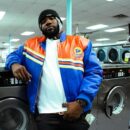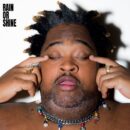John Kellogg, Esq. Interviewed by Matt O @boardinogilvie
A couple months back, I received an email offering me a free book on the music industry. Since I love educating myself, I accepted the offer and when it arrived in the mail I began reading it immediately. After I got a couple chapters in, I realized that this book is a gold mine for independent and DIY musicians. I found the book both inspiring and informational. Whether you are trying to stay indie or sign a record deal, John P. Kellogg's Take Care of Your Music Business: Taking the Legal and Business Aspects You Need to Know to 3.0 has it all. Read the full book review by clicking the link in the previous sentence. Since I did the review, I was able to catch up with the author and ask a few follow up questions.
Who and why should people read the book?
Kellogg: I say, "Everybody knows somebody in the music business and they’re going to need this book."
As the cost of producing, marketing and distributing music continues to decline, more do it yourself (DIY) musicians have the opportunity to become entrepreneurs in the music industry and, as such, need the information to properly establish, maintain and expand their business interests. As a result, they need a good understanding of the legal and business aspects necessary to do so. This book gives vital information on such matters as, the type of business entity to form to conduct their business; basic information on copyrights; an analysis of four (4) of the most frequently used agreements in the music industry and it includes examples of accounting statements of music industry earnings which enable the reader to understand how an artist, songwriter and producer get paid.
What’s the number one mistake you see artists make in the music industry?
Kellogg: Thinking that a career in music is all “fun and games” and does not take hard work. Successful artists work extremely hard, not only on making the music, but also developing and implementing social and mass-media marketing campaigns, and rehearsing for live performance engagements. If you want to get in to music because you believe it doesn’t require you to work as hard as you might on a 9 to 5, forget about it! You will work twice as hard.
You said "The copyright is the most valuable asset in the music business." Why is that?
Kellogg: A copyright is intellectual property that an artist or songwriter can own, just like real estate. Sam Lefrak, a noted NYC real estate developer who eventually invested in the music copyrights once said, “A copyright is more valuable than owning real estate because, at least, you don’t have to go in every few years and re-carpet or paint the walls!” In other words, the copyright is a very low-cost asset. In most cases, the value of owning a popular copyright grows over time and, as the use of copyrights grows exponentially in this emerging digital age, so will the value of owning these copyrights.
What are the steps an artist has to take to copyright their music and start receiving money from sales and streams?
Kellogg: A songwriter or artist should register their work with the U.S. Copyright office for maximum protection and additional rights and remedies. In addition for filing the works with the copyright office, a songwriter should also affiliate with a performance rights organization like ASCAP, BMI or SESAC, to collect royalties for the public performance (Radio, TV, streaming, etc.) of their songs. If the artist also owns their recordings, they should register with SoundExchange to receive royalties for the digital performance of their works.
What are the top three pieces of advice you can give an artist?
Kellogg: My three Big Ps for success in the today’s music industry are:
Powerful Product: Create that special piece of music (song or recording), live performance experience or even an App, that is of such high quality the value of the work will only increase in value over the course of time.
Proper Perspective: Recognize that things don’t happen “overnight.” Be patient, determined and disciplined in developing a career that will stand the test of time. My clients, The O’Jays and the late Gerald Levert, have and had careers lasting over 50 and 20 years respectively.
Professional Attitude: Obtain information about the basics of the industry and respect everyone you meet. You meet the same people going up that you do going down.
What are some ways you see artists profit outside of their music?
Kellogg: Artists need to develop and expand their brands to encompass as many revenue streams as possible. In addition to live performance becoming a real “breadwinner” for artists, other ancillary activities like merchandise, product sponsorship and endorsement, acting and innovative venture capital investment opportunities need to be a part of every artist’s business plan.
I've been saying that 2016 is all about ownership (owning your content). Would you agree with that? Why
Kellogg: Absolutely! Ownership of content has always been the underpinning of the music business. That is why most record labels want conventional deals with artists where the company owns the master recordings. However, smart musicians in the past, like Sam Cooke and Ray Charles were able to own their own copyrights and their estates still benefit from such ownership today, many years after their deaths.
You said “Memories and emotions drive the music business.” Can you explain that more?
Kellogg: Music provides the soundtrack of our lives. Music helps you recall memories and the emotions you experienced during that time period. In addition, I just heard Al Jarreau, the great vocalist, speak (and sing) at an event here at Berklee College of Music earlier this week and he said “…musicians are like cardiologists in that we deal with matters of the heart. The expression of our talent has an effect on the heart… making us feel something that empowers us to do more.”
What I like about the music business, particularly live performance, is that it enables an artist to create a heart-to-heart connection with an audience. The music business is 10% music and 90% business, but without that heart-to-heart connection created by the 10% component, there would be no 90%.
Do you think labels will continue to push the 360-degree deal or create a new type of deal in 2016?
Kellogg: I believe labels will continue to insist on a 360 degree or all-rights deal, which allows a record company to participate in the complete circle (360 degrees) of an artist’s earnings, not only profiting from the sale and use of the artist’s recordings, but also getting a percentage of the artist’s live performance, publishing, endorsements, sponsorships, acting, and other types of earnings. However, an artist that has leverage may be able to exclude all or certain ancillary revenue streams from the 360 deal. If a new type of deal is created it will probably provide for artists to have a greater ownership interest and income participation in the works.

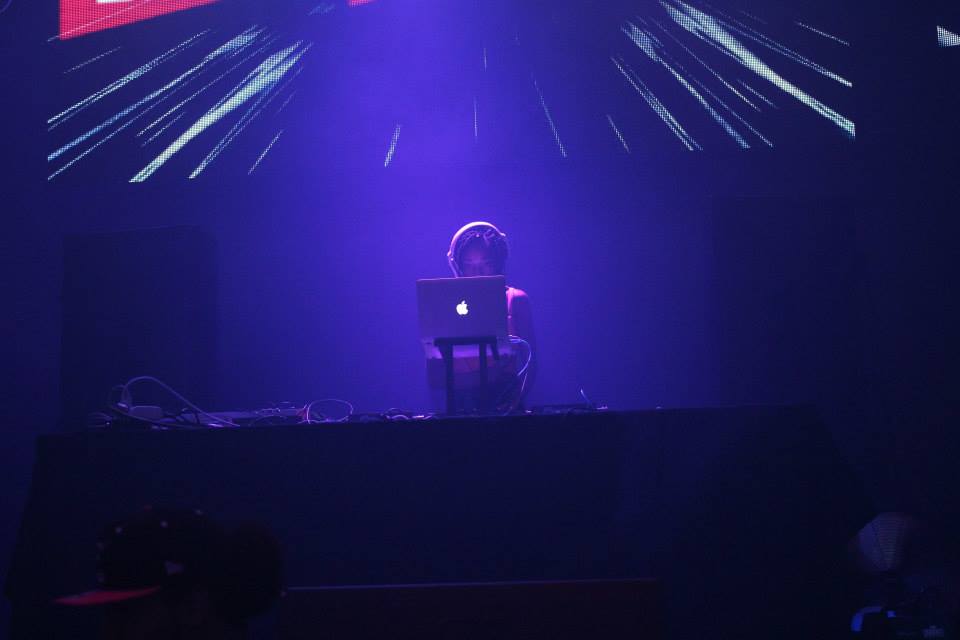
![[Premiere] "Angels" - Santi](http://upcominghiphop.net/wp-content/uploads/2016/01/Screen-Shot-2016-01-14-at-10.31.57-AM.png)
![[Video] "Four Minds" - The Introverts](http://upcominghiphop.net/wp-content/uploads/2016/01/Screen-Shot-2016-01-16-at-4.08.48-PM.png)
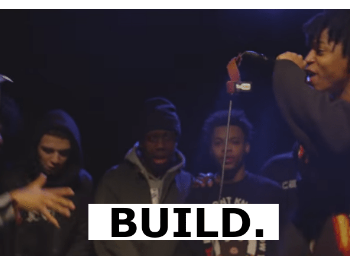
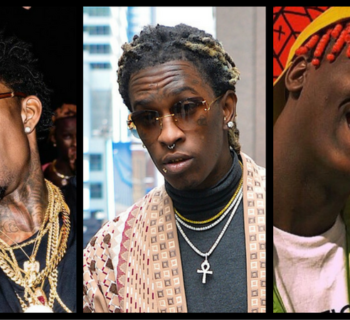
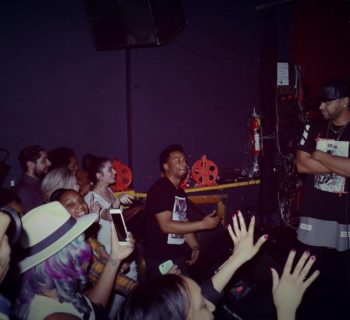

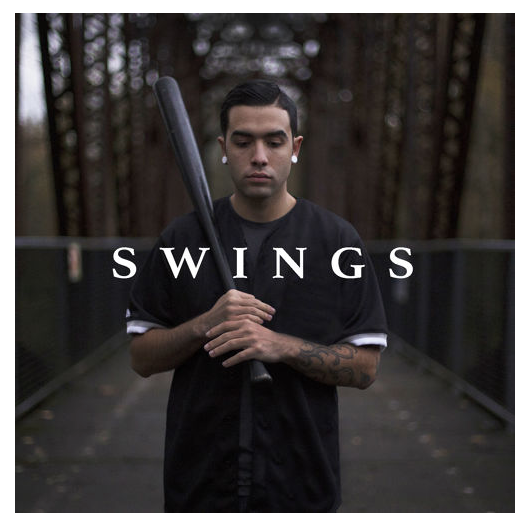
![[Video] "What I'm Saying" - 60 East x Confidence](http://upcominghiphop.net/wp-content/uploads/2016/02/Screen-Shot-2016-02-04-at-10.17.27-AM.png)
